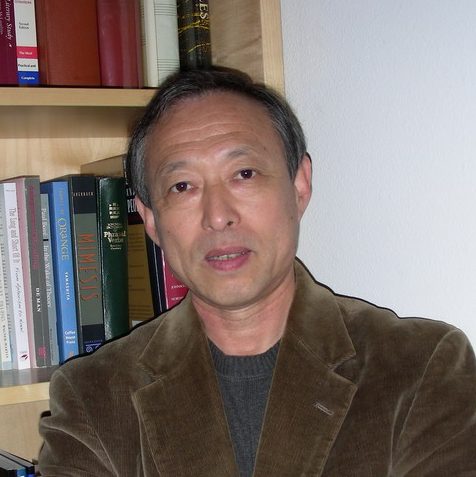Ling, Jinqi
Kaplan 216
Tel: 310.206.5412 / Fax: 310.267.4339 / E-mail
Education
Ph.D 1992, Washington State University
M.A. 1982, Tianjin Normal University, Tianjin, China.
Interests
Critical theory; Asian American literature; genre studies; and representational concerns at the intersection between realism and high modernism/early postmodernism
Additional Information
Jinqi Ling’s teaching and research focus on Asian American literary studies as a discourse constructed out of its engagement with and articulation through a specific set of historical contingencies and contexts. He is particularly interested in exploring the referential or cognitive function of this literature, as well as the conditions of its production and reproduction open to symptomatic reading and ideological transcoding. His research method is chiefly informed by versions of Russian Formalism and, to a lesser extent, of structuralism and poststructuralism, with an emphasis on historicized aesthetics and formally motivated cultural criticism.
He is the author of three monographs: Narrating Nationalisms: Ideology and Form in Asian American Literature (Oxford UP, 1998); Across Meridians: History and Figuration in Karen Tei Yamashita’s Transnational Novels (Stanford UP, 2012); and Asian American Literature (Bloomsbury’s essential criticism series, 2022). He is currently working on an article titled “Open Realist Genre, Riven Humanism: Rehistoricizing Yanghill Kang’s East Goes West,” and a book manuscript titled “The Experimental Temper: Early Asian American Prose Fiction and Its Formal Search, 1937-1968.”
Interest Areas
• Asian American Literature & Culture
